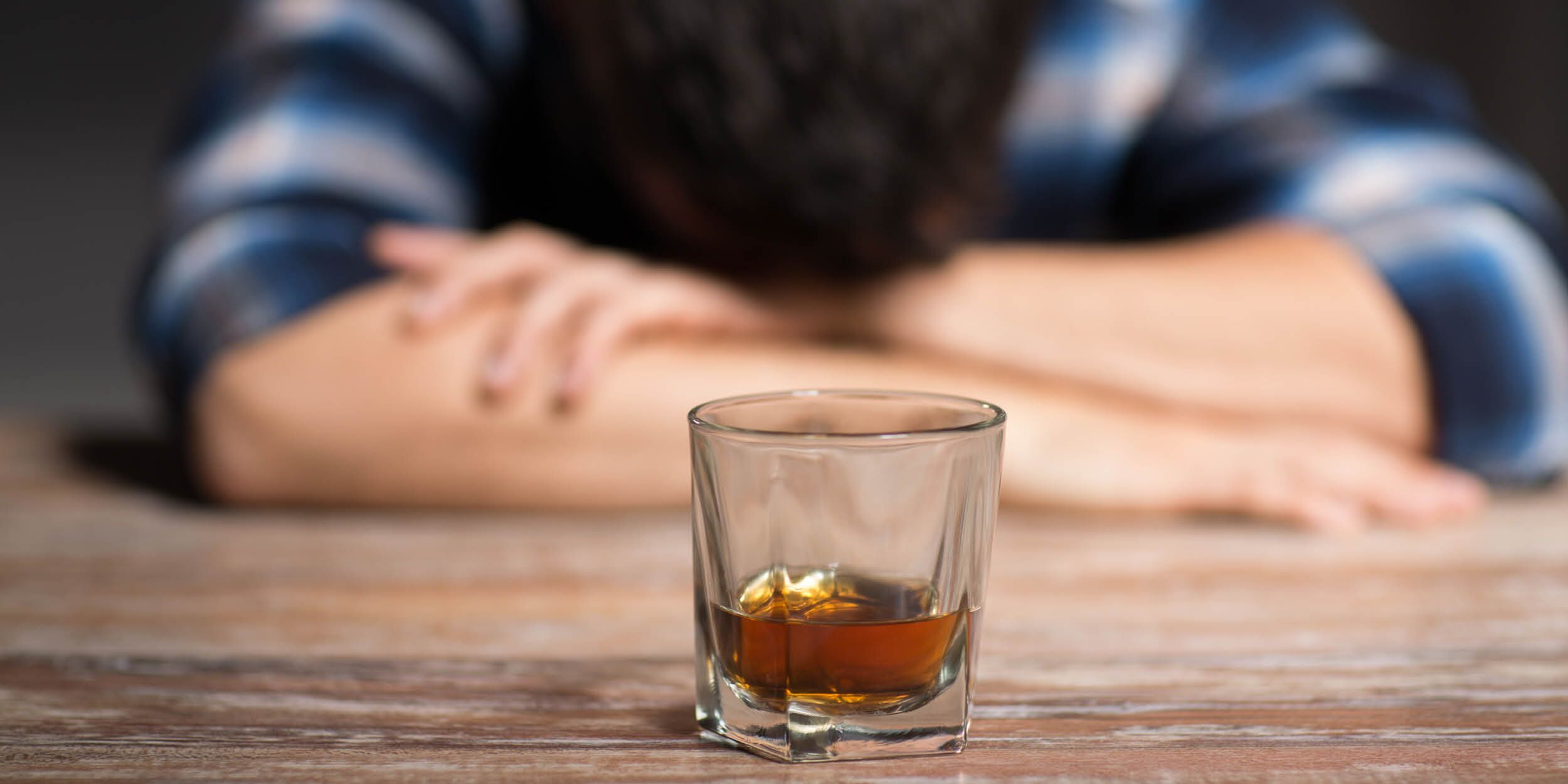
No words truly describe the hellish experience one experiences when weaning off alcohol. Intense cravings, hallucinations, and agony are a few things close to describing it.
Withdrawals are the harsh reality of alcohol addiction. But it’s what must be endured to start their new life. Yes, you can wean yourself off alcohol but there are a few things you’ll want to know.
Here are a few, must-know tips to safely overcome your alcohol abuse.
Know Your Addiction and Tolerance
The intensity of your withdrawal will depend on your addiction and tolerance. Simply put, those that consume more alcohol will have a more intense time in their recovery.
You’ll want to know a few things:
- What type of alcohol do you consume?
- What ABV do you average with each drink?
- How many units do you consume each day?
- What is your weight and how long have you been drinking?
A few beers with 5% ABV means you can cut out one or two units each night until you’re at zero. But, someone downing a 1.5L of grain alcohol needs to approach this process with special care. They may need to cut out hard alcohol by weaning to lower ABV, and then wean further.
The gradual removal of alcohol from your consumption is best. Otherwise, you may begin experiencing Delirium Tremens (DTs) which could prove dangerous.
Depending on the level of addiction, you may need to seek help at an alcohol treatment center. The professionals at these facilities can assess your addiction. Then, provide a tailored plan to wean from alcohol safely and effectively.
Have a Purpose to Weaning off Alcohol
You won’t quit something until you have a strong conviction. It has to rattle you to the core. You have to break up with the addiction almost like a divorce.
People have found purpose in their treatment through many avenues:
- Religion
- Family
- Health
- Work
- Money
It could be that you hit rock bottom and hate seeing yourself that way. Or, you could simply be fed up with wasting all of your hard-earned money on booze. It doesn’t matter what this purpose and conviction are as long as it works for you.
Talk to yourself, change your inner dialogue, and figure out what matters. Then, use that as a launching point to wean and quit alcohol for good. This will make dealing with the withdrawal symptoms somewhat easier.
Stay Busy and Distracted
There are stages of alcohol withdrawal with each having variable layers of intensity. Side effects can range from headaches and dizziness to tremors and agitation.
Given you’re medically safe while tapering off, you’ll want to keep yourself distracted. You can stay busy with:
- Exercise and activity
- Movies, music, and games
- Travel and adventure
What you’re doing is finding a positive outlet to fill the gap left by not drinking. This creates a positive feedback loop that will help you succeed. You’ll replace negatives (drinking) with positives (not drinking). Plus, you have something to do than dwell on the thought of drinking.
Recovery is a Possibility
It may take several tries to find success in weaning off alcohol. What matters is that you get there — a sober life.
There are many hurdles when tapering alcohol. The tips in this post will help you succeed with the process. And, know that you have loved ones and professionals to lean on during the hardest times.
You’re not alone.
Be sure to explore healthy habits and routines once you’re feeling better and on the path to recovery. See our guides for great resources for getting started down a path of sobriety and purpose!
